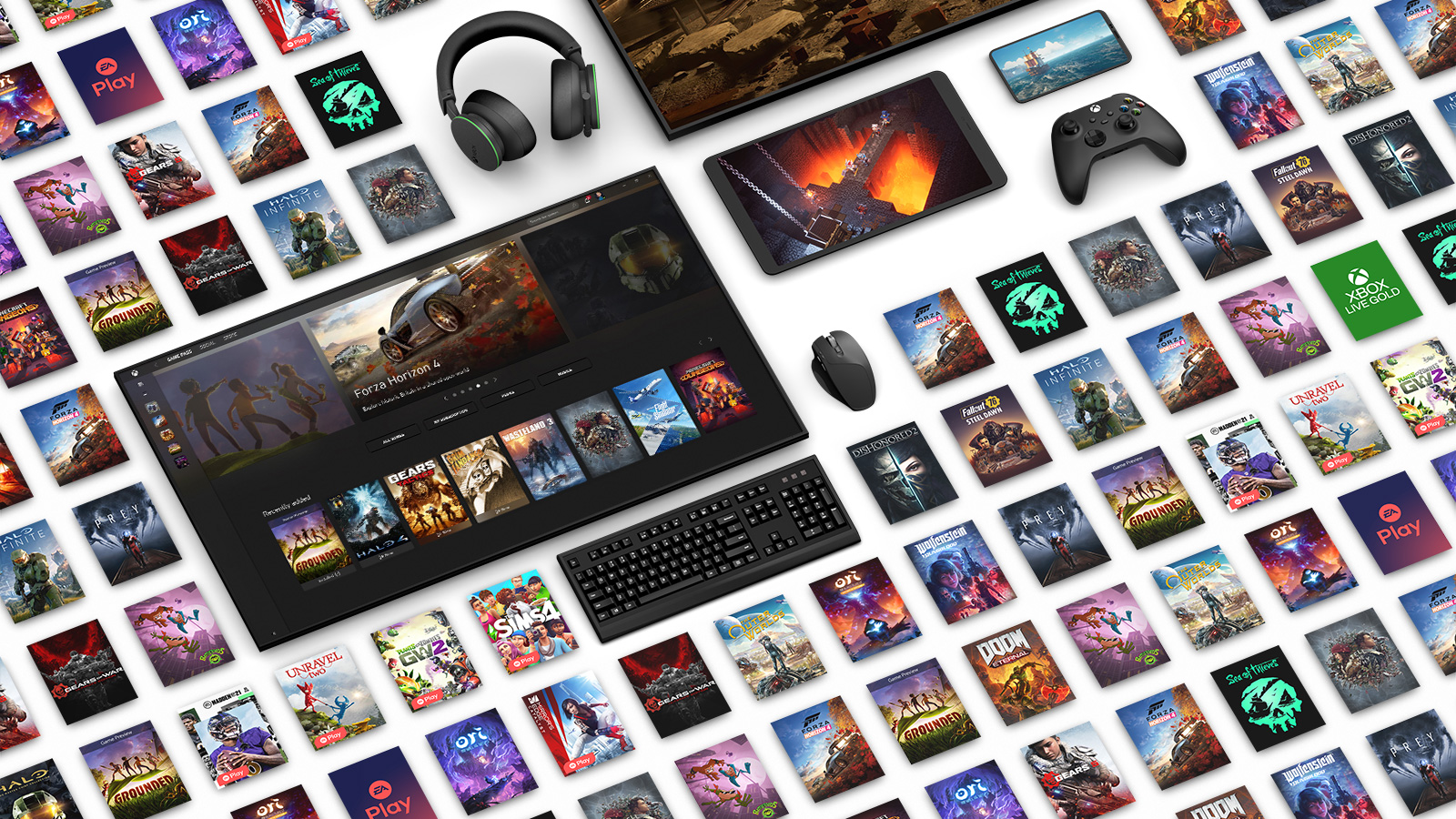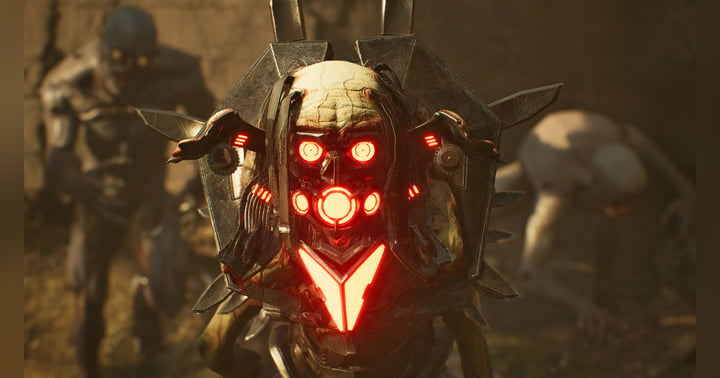Xbox 90-Day Deadline: A Countdown to Deleting Your Content

Introduction
In a move that shocked and angered the gaming community, Microsoft Xbox announced in October of 2023 that it would begin deleting game captures from its servers after 90 days that started this year, and they have been true to their word. This decision has raised serious concerns about the preservation of gaming history and has ignited a heated debate about the value of protecting digital content. In this blog post, we will examine the potential consequences of Microsoft's deletion policy, discuss the arguments for and against a longer retention period, and explore the broader implications of this decision for the future of game preservation.
Microsoft's 90-Day Deadline for Game Captures
On October 1, 2023, Microsoft updated the terms of service for Xbox Live, stating that any game captures uploaded to its servers after January 1, 2024, will be deleted after 90 days. This announcement has sent shockwaves through the gaming community, meaning thousands of hours of gameplay footage, memories, and achievements will be lost forever. This raises many concerns about how Microsoft treats its gaming community as the company has no issue unceremoniously deleting its community years of collective gaming moments.
While many will argue in favor of Microsoft saying it will free up server space and that game captures can be saved on local drives, these are poor excuses. The Xbox network was created for the Xbox community as part of Microsoft's big push to create the largest gaming ecosystem ever. The game captures and their memories were also a part of that. It also feels like Microsoft is trying to force users into using their One Drive cloud service, which has a subscription model and would force gamers with larger captures to either subscribe for a service they once had for free under the Xbox network or to delete old captures if they don't want to spend money on another external hard drive.
Consequences of the Deletion Policy
The consequences of Microsoft's deletion policy are far-reaching. For individual gamers, it means that they will lose access to valuable memories and important gameplay footage. For gaming communities and historians, a significant portion of gaming history will be erased. Many clips are used for content purposes later or even just a nice flashback to the good old days of games long gone. Some gamers even have saved moments with friends who are no longer with them.
One of the most concerning aspects of the deletion policy is that it will disproportionately impact casual gamers. Unlike professional gamers or content creators, casual gamers are less likely to have the resources or time to back up their game captures. This means they are the most likely to lose their precious gaming memories due to Microsoft's arbitrary deadline.
While 90 days sounds like a lot to some 3 months is just a blink of an eye for many. With a work, school, and family balance for many casual gamers, it will be easy to forget that your capture deadline is approaching (or has already passed) when the urge to watch one of your favorite clips arises.
Arguments for a Longer Retention Period
There are several compelling arguments in favor of extending the retention period for game captures. Firstly, gaming history is an important part of our cultural heritage. Video games have been a major force in shaping our entertainment landscape, and have profoundly impacted our society. Preserving gaming history is essential for understanding the evolution of technology, culture, and society.
Secondly, game captures provide valuable insights into the gaming experience. They allow gamers to share their accomplishments, strategies, and experiences with others. They can also be used to educate and inform other gamers, and to create new and innovative content. By deleting game captures, Microsoft is depriving the gaming community of a valuable resource.
Thirdly, the deletion policy creates a dangerous precedent. If Microsoft continues to delete game captures after 90 days, it sets a worrying precedent for other companies to follow suit. This could lead to the erosion of our digital heritage and the loss of countless irreplaceable works of art, history, and culture as companies begin deleting other sources of user-generated or previously accessible digital media.
The Value of Preserving Gaming History
Gaming history is a valuable and important part of our collective cultural heritage. Video games have played a major role in shaping our entertainment landscape, and they have had a profound impact on our society. Preserving gaming history is essential for understanding the evolution of technology, culture, and society as a whole.
Game captures are an important part of gaming history. They provide valuable insights into the gaming experience and can be used to educate and inform other gamers. By deleting game captures, Microsoft is depriving the gaming community of a valuable resource.
Microsoft's Business Practices and the Future of Game Preservation
Microsoft's decision to delete game captures has raised serious concerns about the company's commitment to game preservation. This move is particularly troubling in light of Microsoft's recent acquisition of Activision Blizzard, which owns a vast library of classic and iconic video games that many gamers will have captured.
Microsoft has little vested interest in preserving gaming history and it's very disheartening. The company's recent actions suggest that it is more concerned with short-term profits and monopolies than with the long-term preservation of our digital heritage and user-friendly experience.
The future of game preservation is uncertain. If Microsoft is allowed to delete game captures after 90 days, it sets a worrying precedent for other companies to follow suit. This could lead to the erosion of our digital heritage and the loss of countless irreplaceable works of art, history, and culture.
Conclusion
Microsoft's decision to delete game captures is a serious threat to the preservation of gaming history. This move is both short-sighted and irresponsible, and it sets an unwelcome precedent for other companies to follow suit.
For more information and discussion on this topic, listen to our in-depth analysis in the latest episode of the GZ Chop Shop podcast: Microsoft's Mistake Will Cost You.











